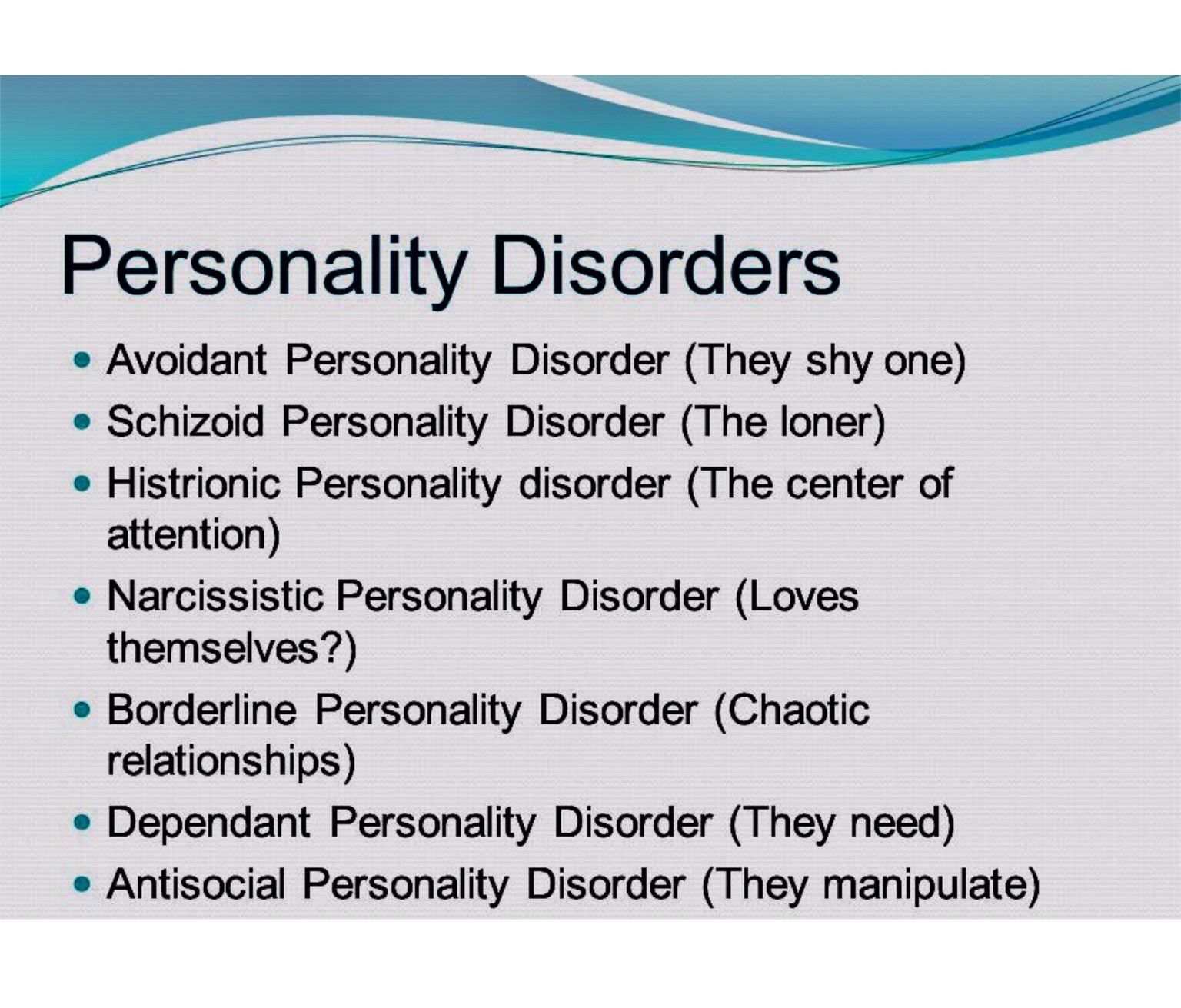
One of the most common fact patterns in estate litigation involves a parent(s) with a personality disorder. We all know people like this – they are usually nasty, manipulative, verbally aggressive, defensive and revengeful, who often die alone with a messed up estate.
I typically refer to them as the type of person who is “laughing in their grave” at the inevitable estate litigation that they left behind.
A personality disorder is a type of mental disorder in which one has a rigid and unhealthy pattern of thinking, functioning and behaving. A person with a personality disorder has trouble perceiving and relating to situations and people.
People with personality disorders usually have a hard time getting along with others and dealing with everyday problems in the ways that are expected by a cultural group. They commonly believe that their way of thinking and behaving is completely normal. However, they tend to have a view of the world that is quite different than others. As a result, they may find it difficult to participate in social, educational, and family activities.
They also place blame on others for their challenges- often their own children.
There are many types of personality disorders but they have commonality.
All persons with personality disorder have four characteristics in common:
1. They are inflexible and maladaptive in response to any stressors;
2. they are emotionally disabled in both work and loving;
3. they seem to have an ability or even desire to evoke interpersonal conflict;
4. I have a capacity to “ get under the skin” of virtually everyone they meet.
People with personality disorder have very poor coping skills and the impact of aging and loss of independence greatly challenges those poor coping skills and typically results in an exacerbation of ”challenging behavior” to put it nicely.
Personality disordered people often see the world in black and white- people are either with them or against them, matters are either “good or bad”, and their opinion may shift from moment to moment, person-to-person.
Their opinions are typically ironclad but may shift, moment to moment. Whatever happens, it will be dramatic and over-the-top.




